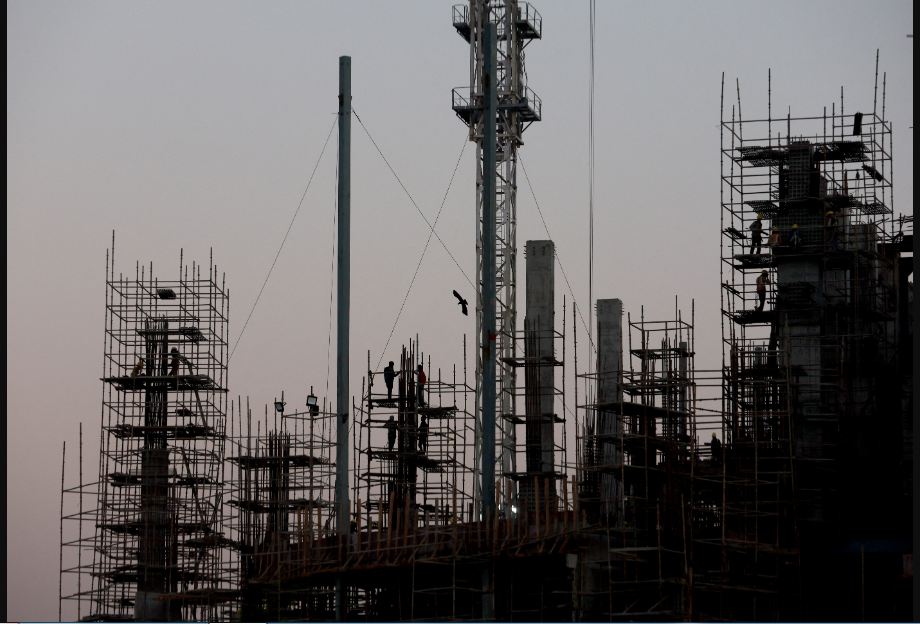200,000 people relocated due to flooding in Somalia: official
According to a regional authority, 200,000 people have been forced to flee their homes as a result of flash flooding in central Somalia, where the Shabelle River burst its banks and flooded highways.
Due to torrential rains that caused water levels to rise quickly, residents of Beledweyne town in the Hiran region were forced from their houses. As they waded through flooded streets in search of safety, they carried their possessions on top of their heads.
“Right now, the Shabelle River flash floods in Beledweyne town have forced about 200,000 people from their homes, and that number could rise at any minute. According to Ali Osman Hussein, the deputy governor for social affairs in the Hiran region, this figure is currently provisional.
He told AFP, “We are doing everything we can to help those who are affected.”
Hassan Ibrahim Abdulle, the deputy governor of the area, stated on Friday that “three people were killed by the floods.”
The catastrophe follows a record drought that put millions of Somalians in danger of starvation. The fragile country has also been waging an Islamist insurgency for decades.
Early this week, residents said they were forced to leave their houses in the middle of the night as water poured into the streets and into structures.
It was Fartun Ali’s fifth time escaping flash flooding in Beledweyne; Fartun is not her true name.
The 35-year-old mother of eight told AFP that “we flee whenever the river breaks the banks.”
Iman Badal Omar, a different resident, expressed his relief at making it out alive.
“The only thing we could do was flee and save our kids. We took nothing from our possessions, he said AFP.
Extreme weather is a common problem in East and Central Africa during the wet seasons.
Heavy rains earlier this month in Rwanda caused floods and landslides in numerous areas of the hilly country, resulting in 135 fatalities and more than 9,000 people being left homeless.
In the eastern Democratic Republic of the Congo last week, landslides, floods, and severe rains claimed the lives of more than 400 people.
According to experts, climate change is causing a rise in the frequency and severity of extreme weather events, and Africa, which makes the least contribution to global warming, is feeling the brunt of this trend.
As the area was battered by torrential rains in May 2020, at least 65 deaths were reported in Rwanda, while 194 deaths were reported in Kenya.
After two months of nonstop rain in multiple East African nations, at least 265 people perished and tens of thousands were forced to flee their homes at the end of 2019.
Nearly two million people were affected by the heavy rains, which also killed tens of thousands of animals in Burundi, Djibouti, Ethiopia, Kenya, Somalia, South Sudan, Tanzania, and Uganda.



